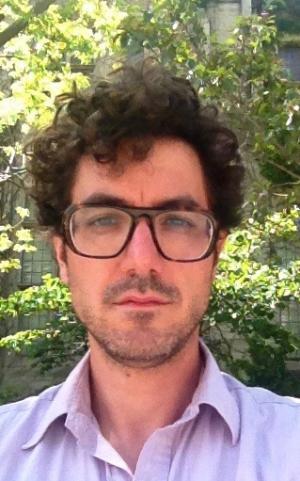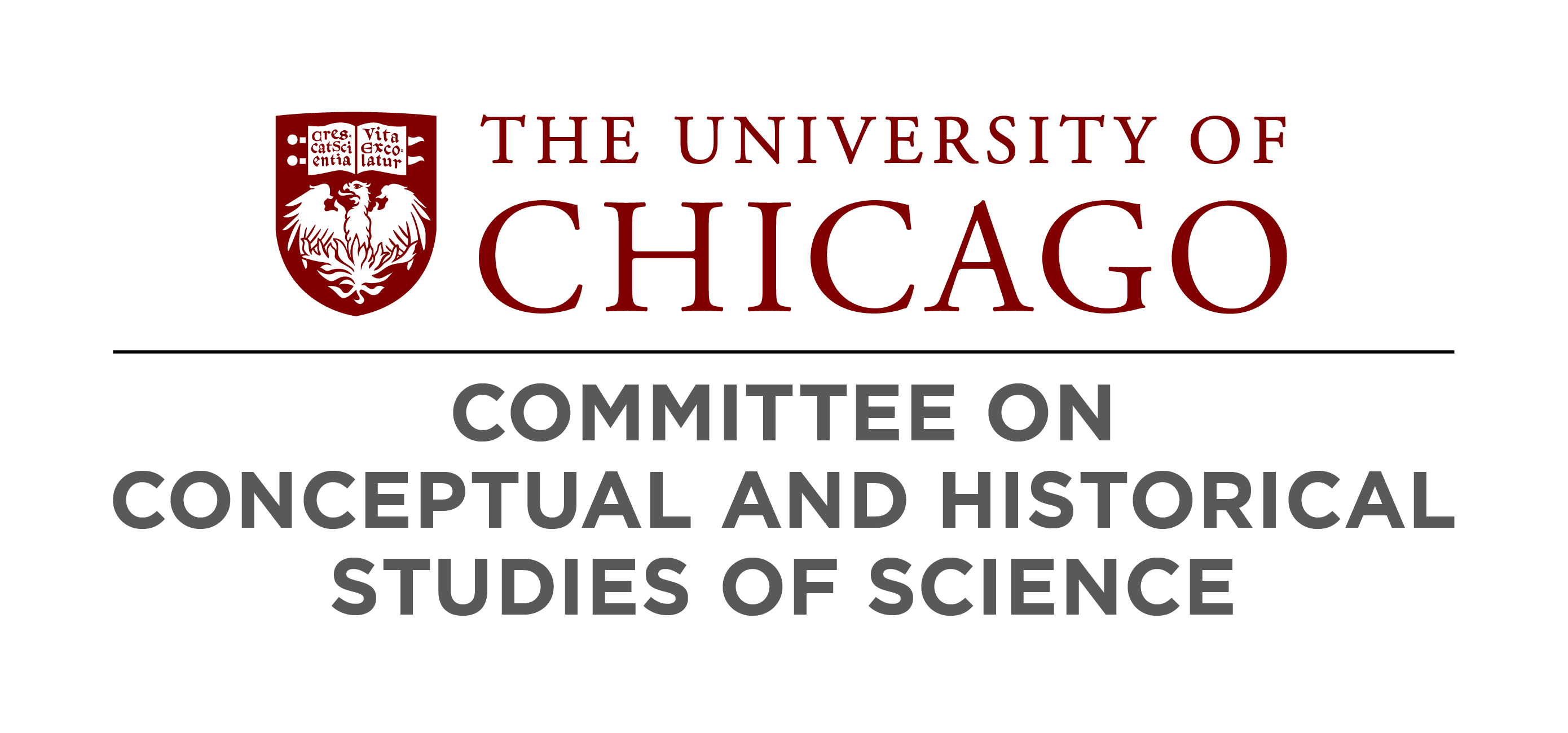
BIOGRAPHY
Michael Rossi is an historian of medicine and science in the United States from the nineteenth century to the present. His work focuses on the historical and cultural metaphysics of the body: how different people at different times understood questions of beauty, truth, falsehood, pain, pleasure, goodness, and reality vis-à-vis their corporeal selves and those of others.
He is the author of The Republic of Color: Science, Perception, and the Making of Modern America (U Chicago Press, 2019) – a history of color science in the United States at the turn of the century. For American researchers and their patrons in industry, pedagogy, and politics – color science was more than simply a matter of sorting out the physics, physiology, and psychology of light stimulus. Rather, color science brought up far-reaching questions about the scope of medical, scientific, and political authority over the sensing body; about the nature of aesthetic, physiological, and cultural development between individual and civilization; and about the relationship between aesthetic harmony, physiological balance, and social order.
His second book, The Language Organs, looks at how linguists, anatomists, and speech pathologists moved, over the course of the twentieth century, from viewing language as a function of sound-producing organs (tongue, lips, palate, larynx, etc.) to searching for a notional “language organ” within the brains of all human beings. Such interpretative shifts in understanding human anatomy are neither an ancient phenomenon nor one limited to extreme medical specialization, but rather are ongoing issues, providing a window on the social, political, and philosophical understanding of modern bodies, medicine, and science.
Prior to Chicago, Michael was a postdoctoral fellow in the Groupe Histoire des sciences de l’homme at the Ecole Normale Superieur de Cachan in France. He received a PhD in the history and anthropology of science, technology, and society from MIT and an AB from Columbia University.
 THE UNIVERSITY OF CHICAGO
THE UNIVERSITY OF CHICAGO

